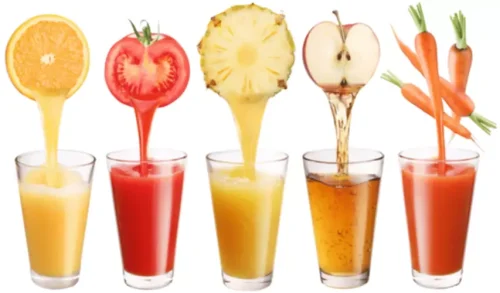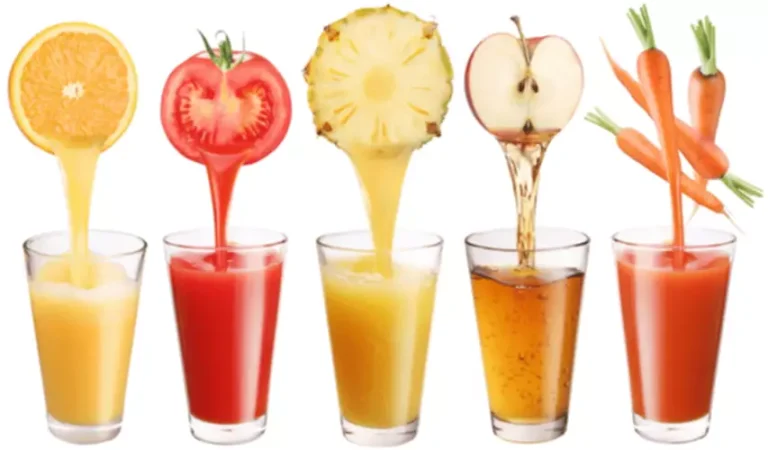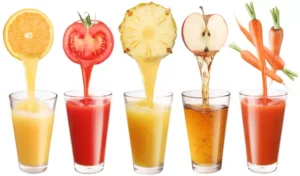
What you’re saying is “I am not like you” with the implication that rules don’t apply in my particular case. The chemical name ethanol sometimes refers to alcohol, a depressant drug active ingredient in drinks such as beer, wine, and distilled spirits (hard liquor). You may find yourself reminiscing about the “good times” you had while drinking, which can lead to cravings and potential relapse.

Understanding Dry Drunk Syndrome
- Often, addiction stems from an unmet need or an attempt to cope with distressing experiences.
- If you’re on the journey of recovery, recognizing the signs of being a dry drunk can be a critical step towards transformative recovery.
- Working closely with a sponsor or a licensed medical professional can help manage these feelings.
- This often leads to actions taken without considering the consequences, either to oneself or others.
People with this syndrome aren’t deliberately attempting to harm their sobriety. Instead, they are people who haven’t addressed the issues that led to their alcoholism. The 12-step method requires individuals in recovery to attend a 12-step group where they meet with others to share their experiences. In doing so, they go through 12 steps of recovery that include admitting they have a problem and assessing the damage addiction has caused. The program moves them through a state of enlightenment and gets them to a point where they can help others.
- They may seem simple and unsurprising, but they do work for many people.
- Lastly, addressing dry drunk syndrome requires a combination of physical, emotional, and behavioral therapies to address the causes of addiction and cultivate healthy habits and coping mechanisms.
- As these feelings grow, they can lead to a mindset of separation from others, feeling misunderstood or isolated.
- We list any treatment center that meets our rehab criteria, giving you the best list of options possible when looking for treatment.
- Establishing a reliable support network of friends, family, or support groups who understand the struggle of recovery is invaluable.
Changes in Mood
In most cases, though, getting sober is a lot more complex than simply giving up alcohol. This material is provided by Cigna Healthcare for informational/educational purposes only. Only a health care provider can make a diagnosis or recommend a treatment plan. For more information about your behavioral health benefits, you can call the member services or behavioral health telephone number listed on your health care ID card. By visiting bars, spending time with others who abuse alcohol, or even purchasing alcohol, you’re engaging in behaviors that put your sobriety at risk.

Dry Dry Drunk Symptoms include:

Some people in the recovery community think every person who detoxes from alcohol becomes a dry drunk until they learn how to live in recovery. They may refer to these people as high-risk patients because they have a high risk of relapse into alcoholism. Understanding and overcoming dry drunk syndrome in recovery is crucial for anyone who has chosen the path of sobriety. In this article, we aim to provide you with insights into dry drunk syndrome, its symptoms, causes, and strategies for overcoming it. Recognizing these patterns and actively working to replace them with healthier coping strategies is essential. This might involve seeking therapy, engaging in support drug addiction groups, or continuous self-reflection and accountability within the recovery process.
You might need to seek help from a 12-step program or support group. Developing healthy routines and making connections with other sober people might also be beneficial. It is essential to seek professional help if you or a loved one are experiencing dry drunk symptoms.

Try healthful recipes, join a gym, take up a sport, try yoga (which can have mental benefits as well as physical ones). Emotionally, a person dealing with PAWS may have mood swings and become depressed, making them tough to be around—maybe even as unpleasant as they might have been when they were drinking. Alcohol used to provide temporary relief from such feelings, but you can’t rely on that anymore. Dry drunk syndrome is part of the phenomenon known as post-acute withdrawal syndrome (PAWS).
- By visiting bars, spending time with others who abuse alcohol, or even purchasing alcohol, you’re engaging in behaviors that put your sobriety at risk.
- This can also help you reconnect and make it easier for them to offer empathy and support when your feelings and emotions trigger thoughts of drinking.
- Warped expectations that characterize virtually every alcoholic and drug addict feed this impulsiveness.
- Coined by Alcoholics Anonymous (AA), the term “dry drunk syndrome” highlights the difference between mere sobriety and true recovery.
- Alcoholics Anonymous (AA) provides a 12-Step program designed to help individuals not only quit drinking but also address the psychological aspects of addiction.
Contact Us at Profound Recovery
Outside of therapy, don’t forget to take care of yourself sober alcoholic meaning and your needs. Make sure you’re prioritizing your own self-care throughout their recovery process. Maybe they slipped up and had a drink after several months of sobriety.
In other words, someone who’s sober might still “act drunk” or deal with the same issues that led them to quit drinking in the first place. Your family could also be struggling with trauma caused by your behavior. When you visit a bar, your family might worry that you’ll come home drunk. They may wonder how long your sobriety might last, and what they could do to ensure you don’t drink. However, those who have consumed large amounts of drugs and/or alcohol for an extended period may experience symptoms over a longer amount of time.
Even if they direct these emotions toward themselves, their emotional state can affect yours. Try to remember this isn’t necessarily a situation they chose to be in. In the meantime, there are a few things you can do to support them. Maybe you start by simply going to the gym at a certain time most days of the week. Don’t stress too much about doing a huge workout; just focus on getting yourself there. Instead, focus on taking small steps to build some of them into your routine.
Still, there are things you can do to manage these symptoms and minimize their impact on your life. Keep in mind that relapses are a normal, common part of recovery. Symptoms can also seem to resemble a late withdrawal, as some treatment professionals have pointed out. Your call is completely confidential and no obligation is required. Alcoholics Anonymous meetings could offer a replacement for the social opportunities found in bars. You might experience irritability, anger, anxiety, or depression.
